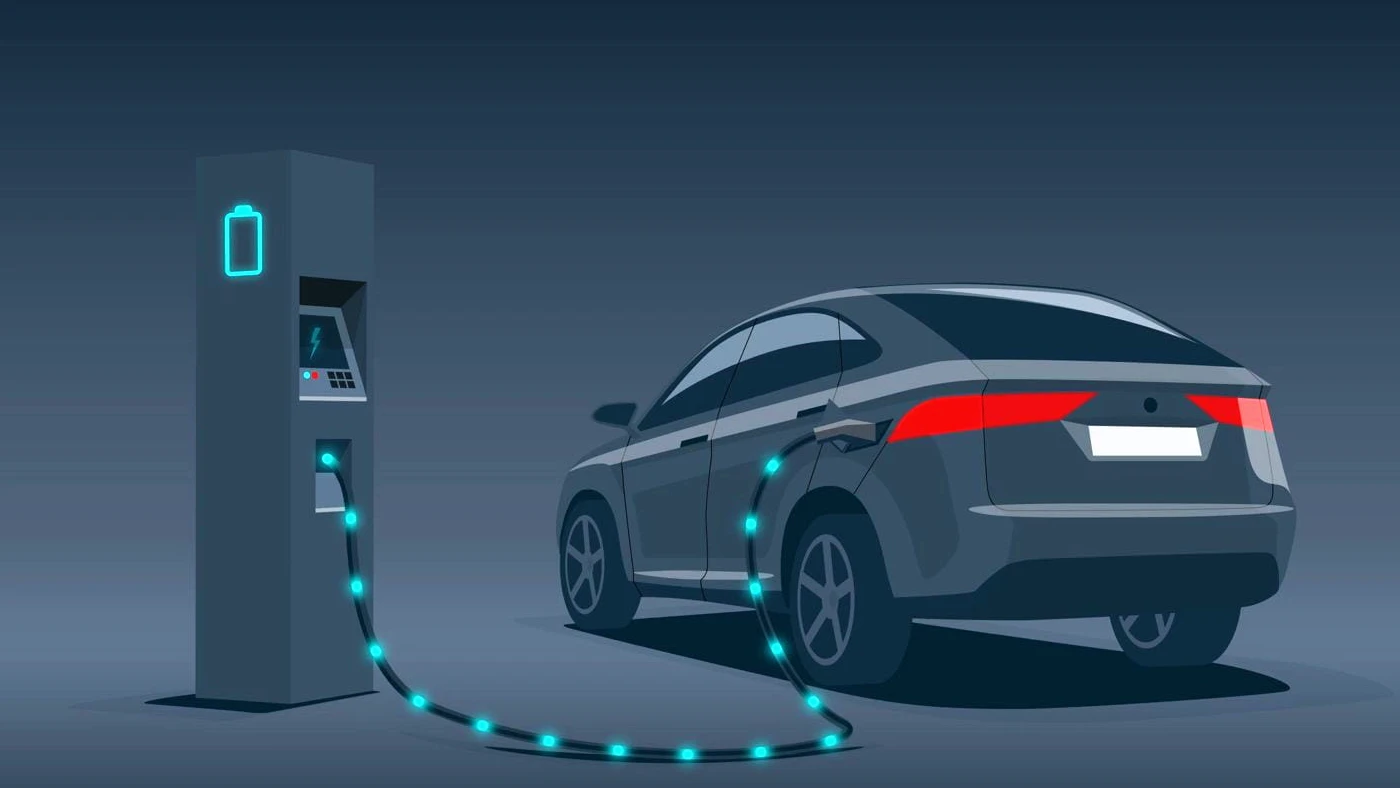Electric Car Grant
The UK government has launched an Electric Car Grant to support the transition to zero emission vehicles and incentivise sustainable automotive manufacturing.
£650 million of grant funding will be available to purchase new zero emission cars priced at or under £37,000. Grants of £1,500 or £3,750 will make these cars more affordable and enable even more people to access the savings associated with driving electric.
The grant will help unlock potential further savings of up to £1,500 a year in running costs for drivers, it will back UK and other manufacturers, with eligibility dependent on the highest manufacturing sustainability standards, driving growth in our automotive and charging sectors.
Grants are available from tomorrow (16 July 2025), subject to confirmation of vehicle eligibility by the Department for Transport.
A list of eligible vehicles will be updated as vehicles are approved.
The scheme has funding available until financial year 2028 to 2029. The closure date will remain under review and the scheme will be subject to amendment or early closure, with no notice, should funds become exhausted.
The Electric Car Grant has 2 bands. £3,750 for the most sustainably produced cars and £1,500 for cars that meet some environmental criteria. This is in recognition of the need to address embedded carbon emissions across a vehicle’s lifetime, as well as tailpipe emissions.
Vehicles that do not meet minimum sustainability standards will not be eligible for a grant.
The minimum environmental criterion is for manufacturers to hold a verified science based target. Science based targets are commitments corporate entities make to reduce their environmental impact, in line with the UK’s international climate commitments, which are verified by the independent Science Based Targets Initiative.
The amount of grant available per vehicle will depend on the level of emissions associated with production of the vehicle. Emissions from vehicle production are assessed against the carbon intensity of the electricity grid in the country where vehicle assembly and battery production are located.



